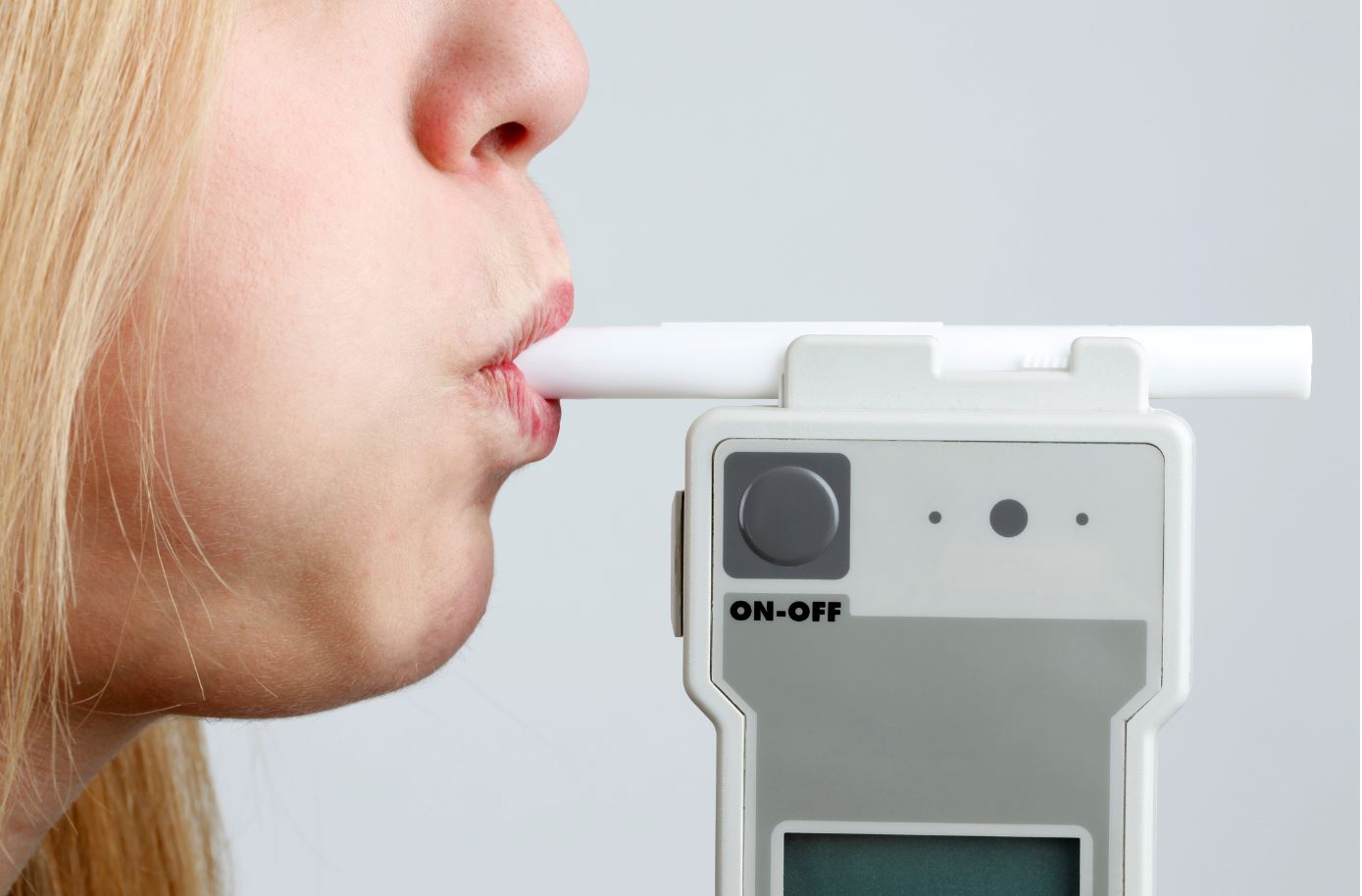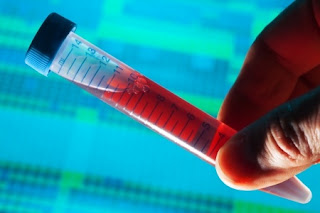CANCER DIGEST – Oct. 24, 2020 – Another blood test, sometimes called liquid biopsy has shown promise in detecting and monitoring cancer, this time the test accurately identifies the most common type of brain tumor early.
The researchers at the Massachusetts General Hospital (MGH) compared blood samples from patients with gliomas with biopsied tumor tissue taken from the same patients.
Saturday, October 24, 2020
Saturday, October 17, 2020
A breath test for cancer? It could happen
 |
| Photo credit Flinders University |
The study involved 181 patients suspected of early-stage head and neck cancer before any treatment. A sample of each patient's breath was collected and then subjected to a high-tech machine called flow-tube mass spectrometer. This is a machine that can separate molecules based on the mass of the individual electrically-charged molecules. In addition the researchers used statistical modeling to develop a breath test that could differentiate cancer from non-cancer molecules.
Friday, October 9, 2020
Oat bran may reduce intestinal inflammation from radiation therapy
Editor's note: Cancer Digest does not usually present results of animal studies as our focus is on research that is likely to affect cancer therapy in time to potentially be an option for currently diagnosed patients. However this mouse study involves a dietary intervention that does not face the same lengthy regulatory path of a therapeutic intervention.
Saturday, October 3, 2020
Antibody treatment for advanced prostate cancer may boost survival
CANCER DIGEST – Oct. 3, 2020 – Men with advanced prostate cancer that has spread to other parts of the body and is resistant to hormone therapy, survived two to three times longer when treated with a monoclonal antibody compared to men who did not receive the antibody, a new study shows.
Subscribe to:
Posts (Atom)




